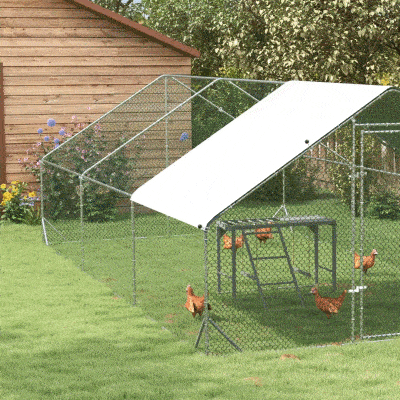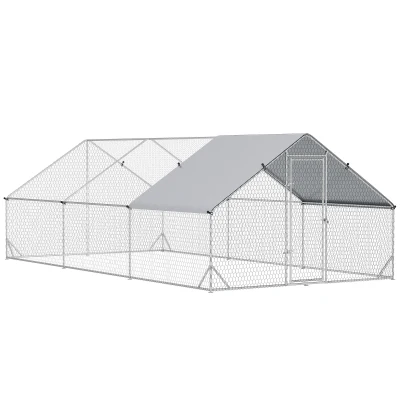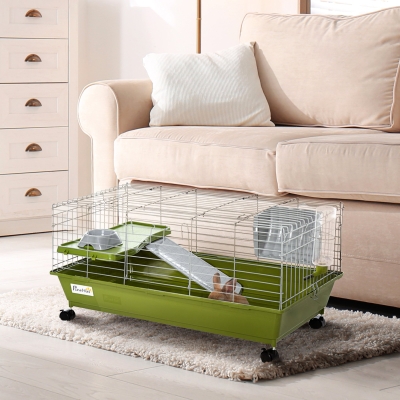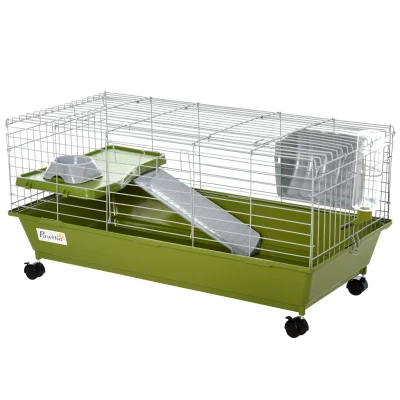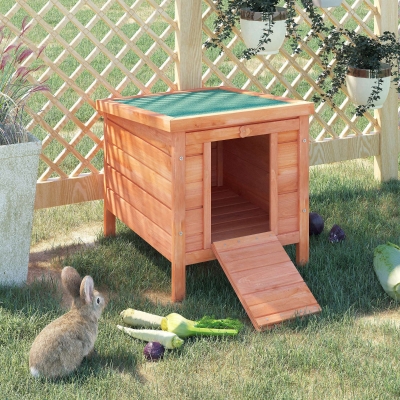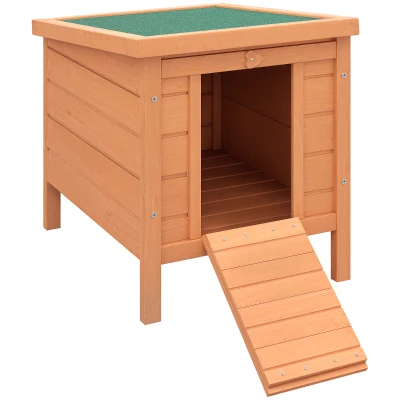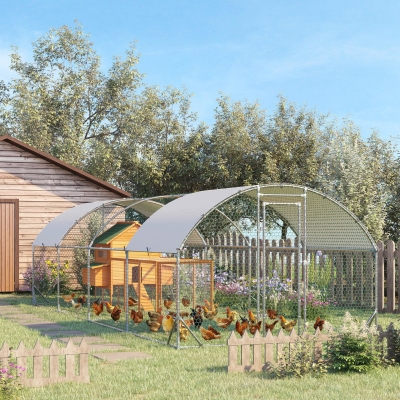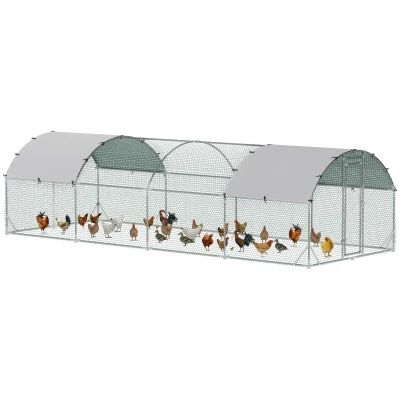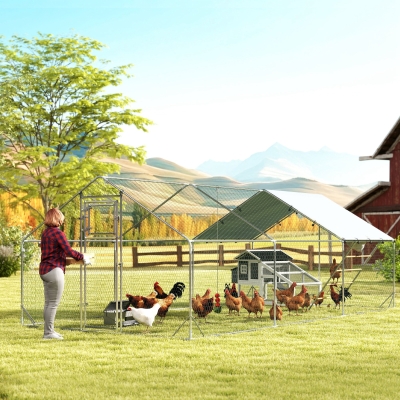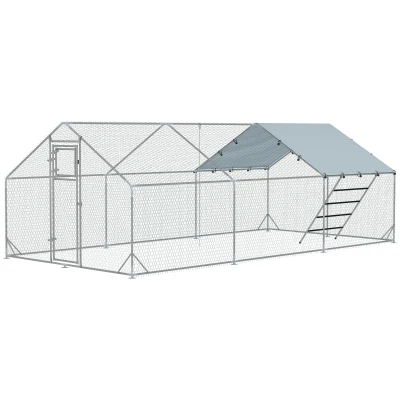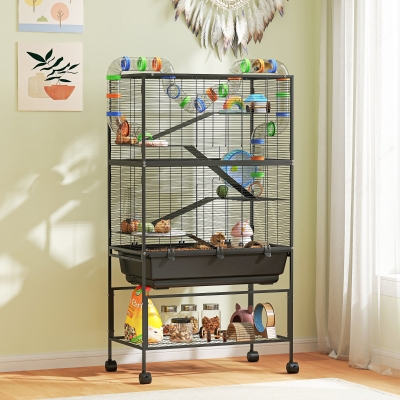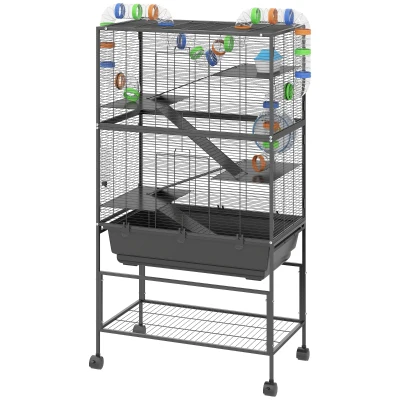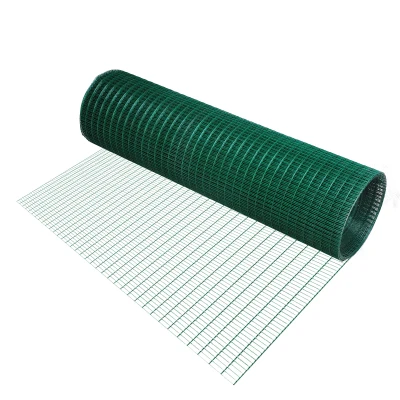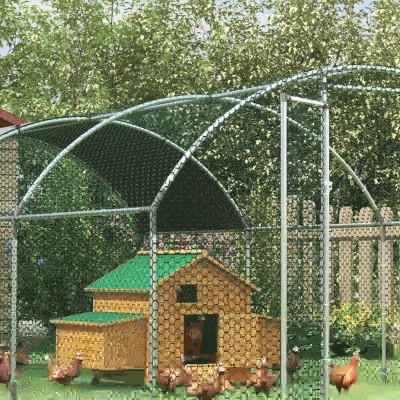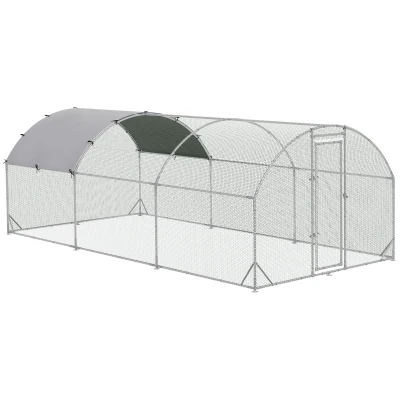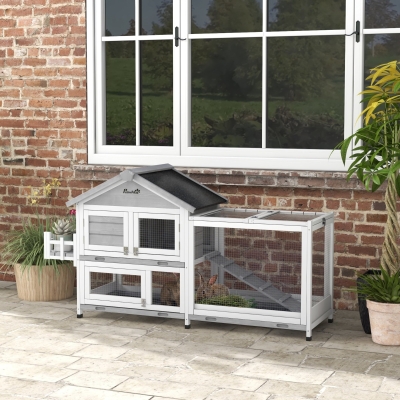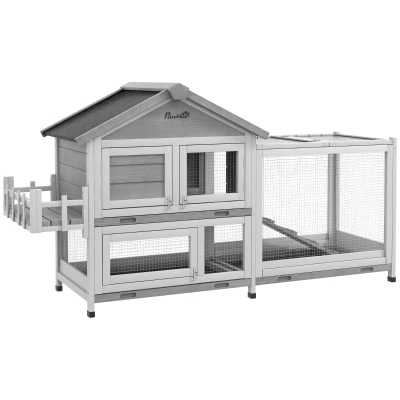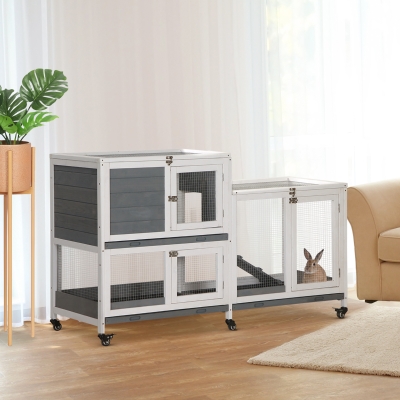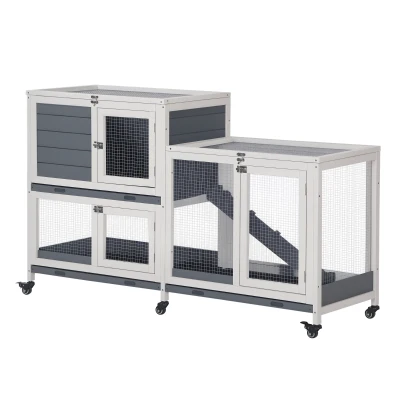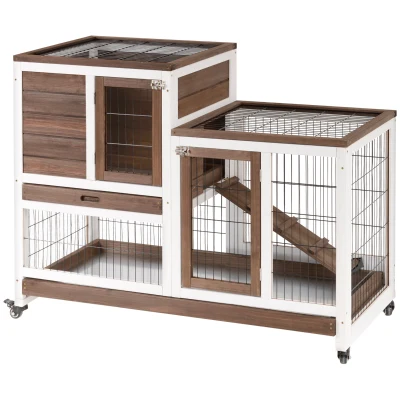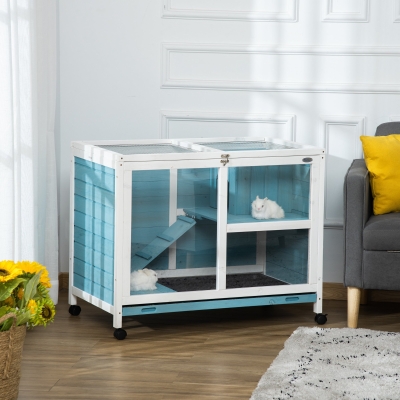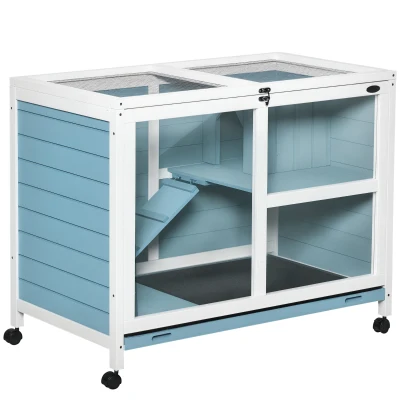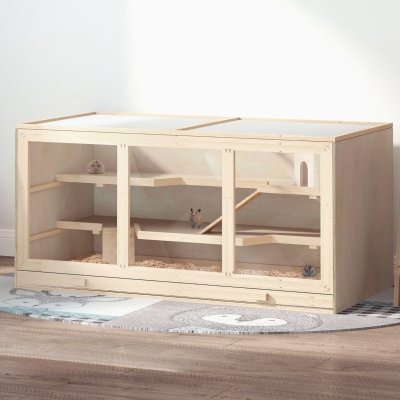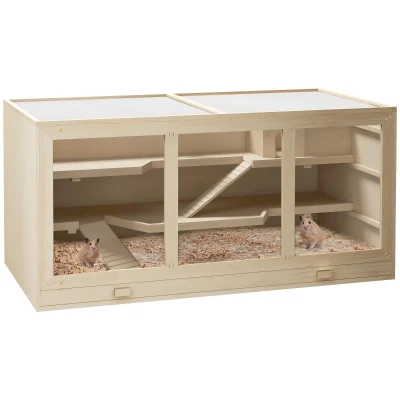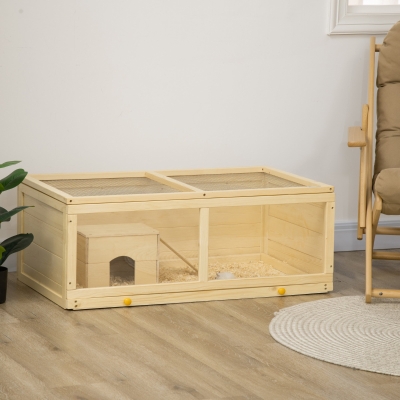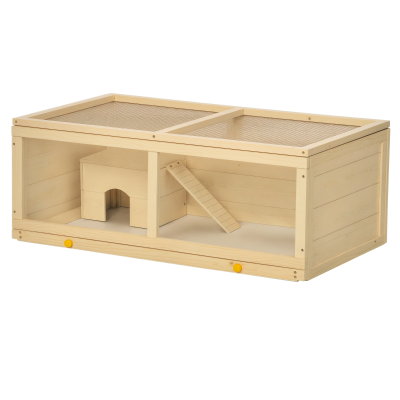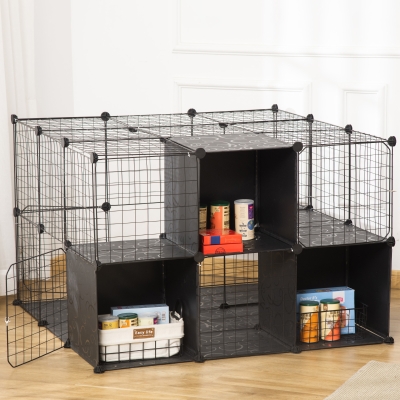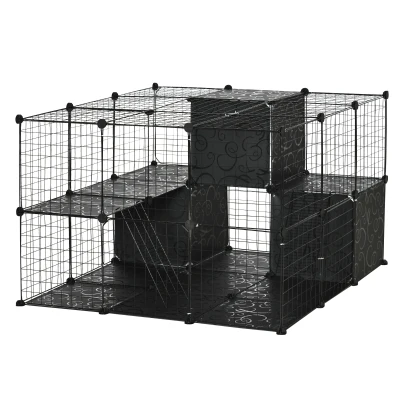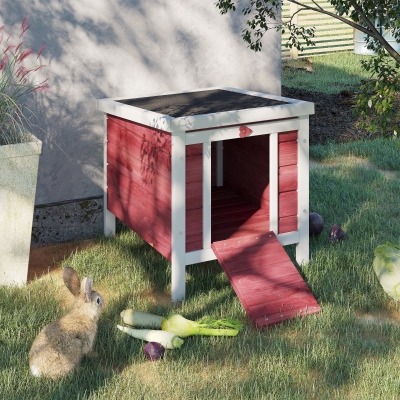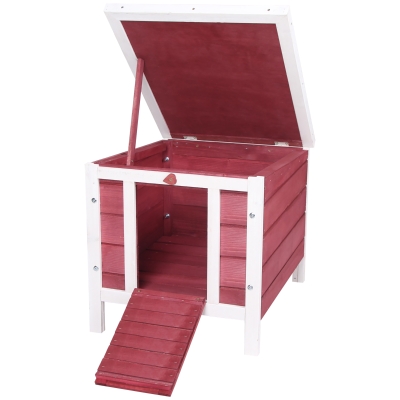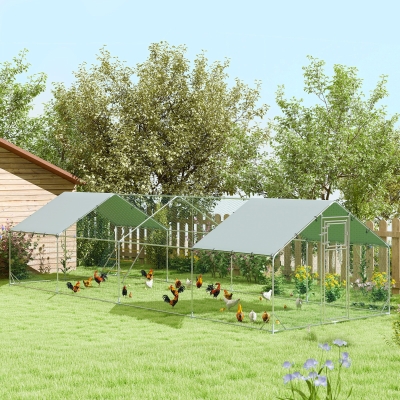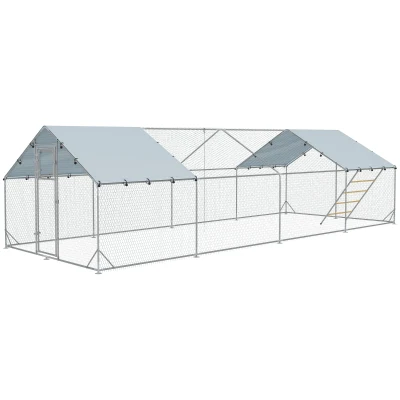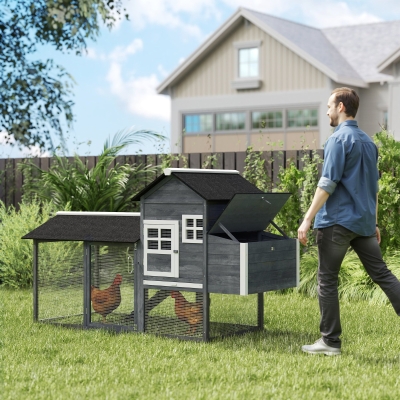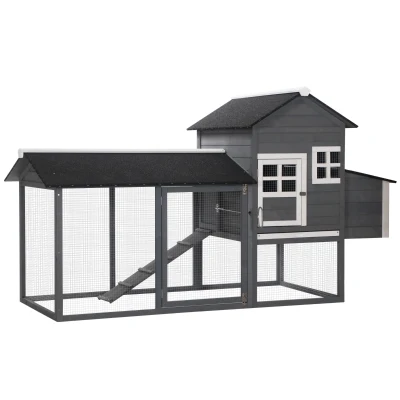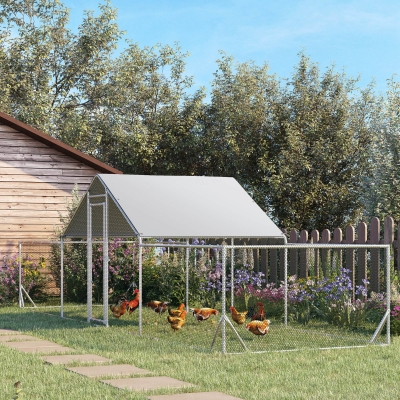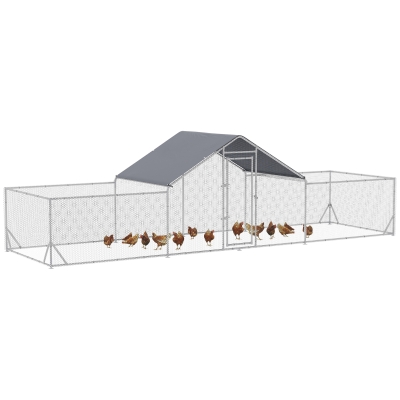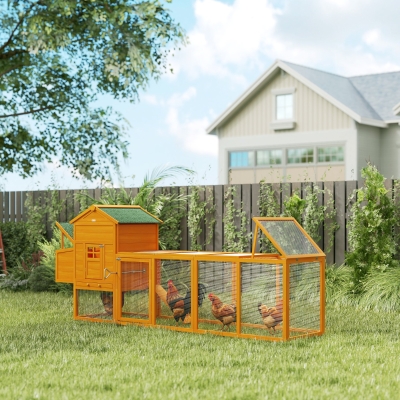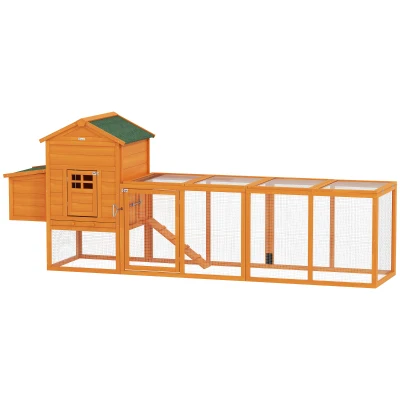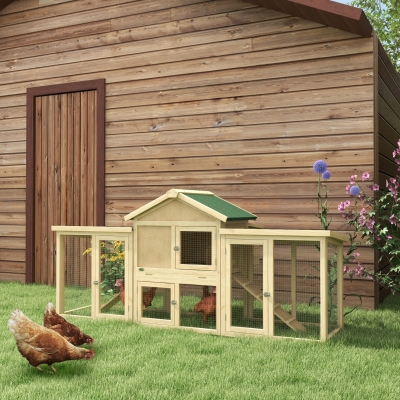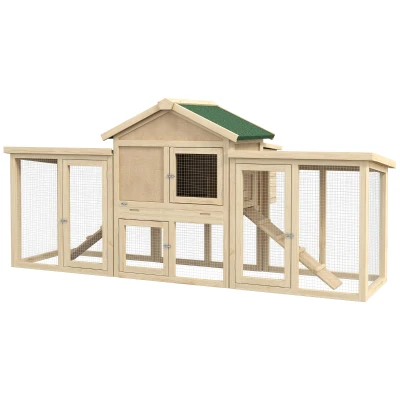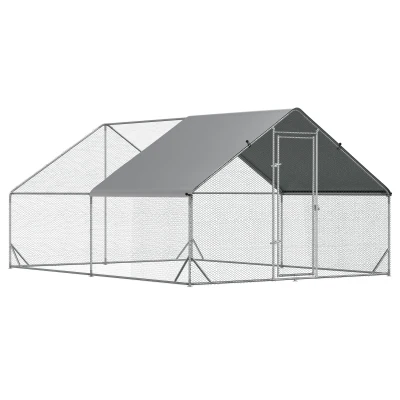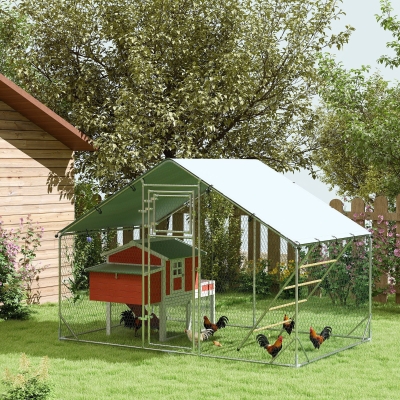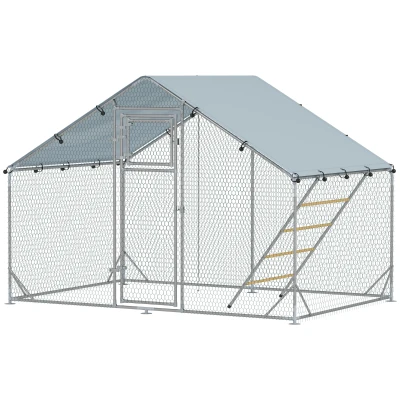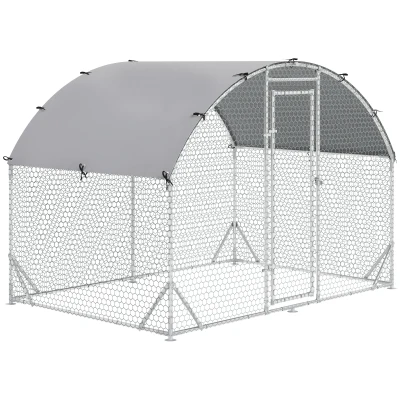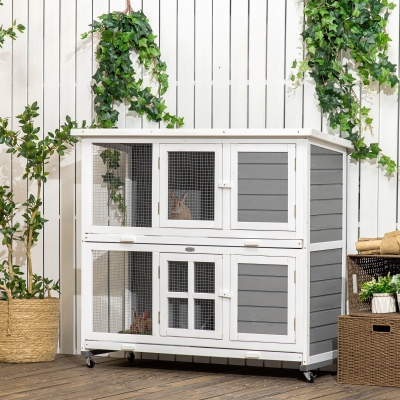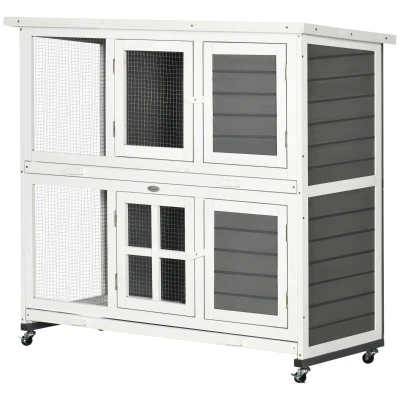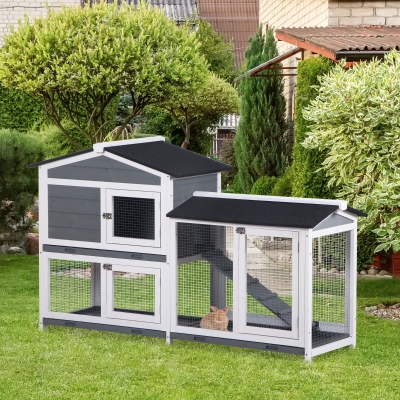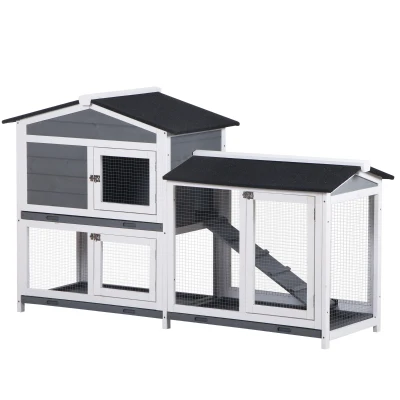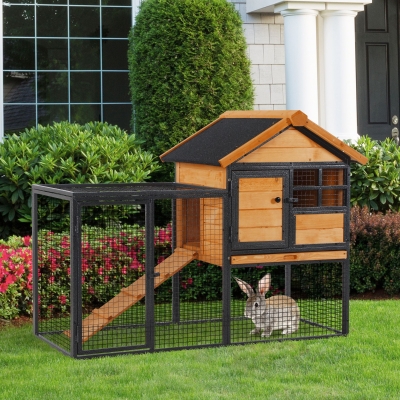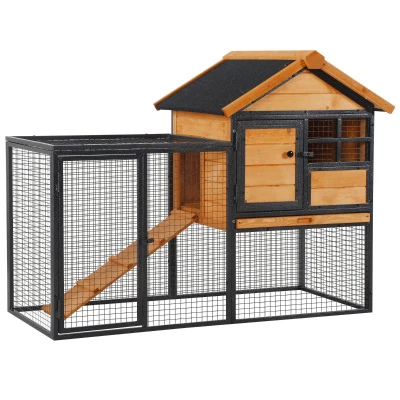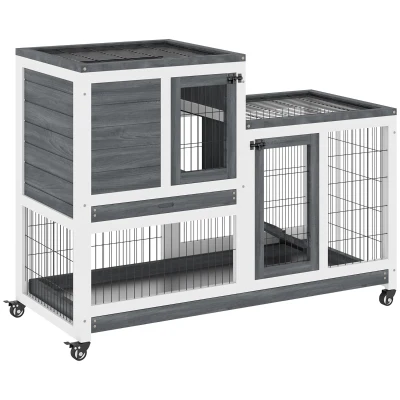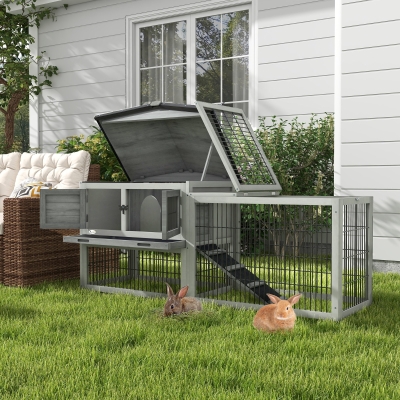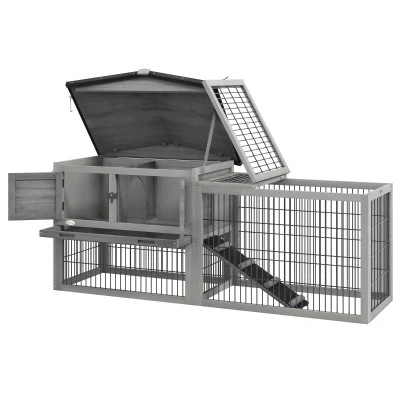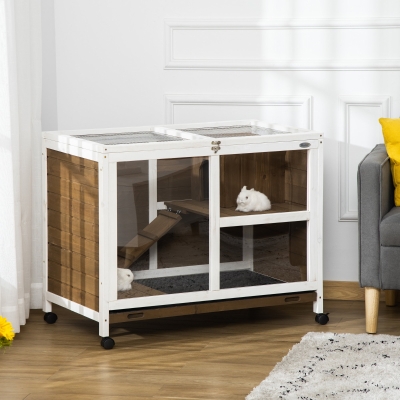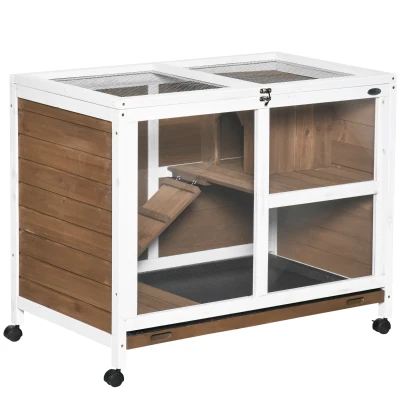Small Animals
Small Animal Cages
How to Choose a Small Animal Cage
If you have a small animal such as a guinea pig or rabbit, you need to find the right type of cage for them. You can get some advice from this article, which has a lot of useful information on the subject of how to choose a cage for your animals.
Advantages of Small Animal Cages
The use of cages for laboratory rodents offers many advantages. They reduce exposure of animal caretakers to mouse allergens, prevent the spread of infections and improve air quality. But they also affect the welfare of the animals.
In a study conducted in an animal facility, the levels of mouse urinary aeroallergens (MUA) were measured in different areas of the facility. This included short-term, intermediate-term and long-term sampling.
Short-term samples were collected on polytetrafluorethylene filters. Intermediate-term samples were collected by air pumps attached to the breathing zone of animal caretakers. Long-term samples were collected with electrostatic dust fall collectors.
All materials used were sterilized before use. A number of different cages were used. The results demonstrate that various types of cages have different levels of ambient and personnel allergen concentrations.
Tips for Choosing the Right Small Animal Cage
Choosing the right small animal cage can make or break a pet owner's happiness quotient. Fortunately, there is a gold mine of knowledge available via the internet. The following list of tips and tricks should help your quest to the best possible fit. Among the aforementioned tidbits are: a) the appropriate bedding materials and b) the proper maintenance. A good start is to keep the smallies out of the sun and to the appropriate size of food and water bowls. Using the above recommendations will lead to happier and healthier occupants. To this end, the above suggestions are made in an orderly fashion. As a harried vet, you can expect to be on the phone for hours on end, so securing the proper feeding and grooming procedures for your companions will ensure a stress free home for the foreseeable future.
What kind of cages are ok for guinea pigs to live
Guinea pigs are popular pets that can make great companions. They like to be active and love to run around, so you need to provide them with the right environment to do so. Keeping guinea pigs in cages that are large enough will ensure that your pets will have plenty of room to move and play.
Guinea pigs are highly sensitive to heat. This is why you must keep your cage in a temperature range of 65 to 75 degrees. You must also clean the cages regularly to avoid any respiratory irritation and to keep ammonia levels at a minimum.
C&C cages are ideal for guinea pigs. They are easy to assemble and provide a lot of space for your piggies to play and exercise. The best part is that they are made from readily available materials.
What type of cage or hutch do rabbits need?
Choosing a suitable cage or hutch for your rabbit is an important task. You will need to decide what size cage will be appropriate for your rabbit and how many rabbits you want to have. A larger cage is recommended for multiple rabbits.
Rabbits are active animals that need a lot of space to move around. The ideal cage should be big enough to allow your rabbit to stretch out fully. Your rabbit needs to have a hutch or cage that is both aesthetically pleasing and safe. A rabbit hutch is often made of metal or wood, but they can also be constructed from plastic.
Your bunny should have a litter box that can hold at least one cup of litter. You should also make sure that it is easy to clean. Clean out the litter box at least once a day. Having clean and disinfected litter will prevent bad smells from spreading throughout your home.





